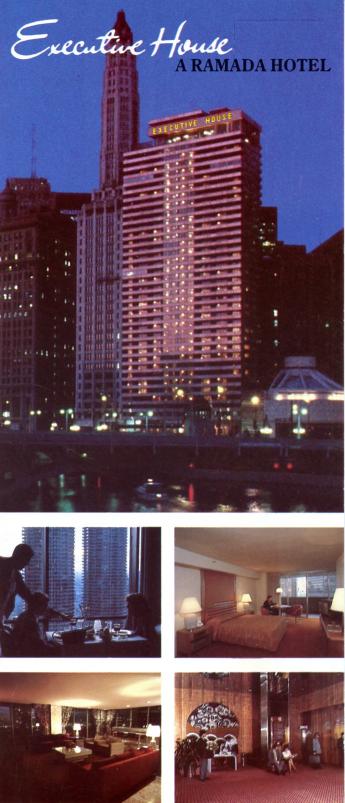 In my first job after leaving MIT, I worked for a startup company called Micronetic Systems. They made an industrial machine which used a laser to adjust the values of a type of electronic component called a "thick film resistor". I don't think this technology is used very much anymore, but at the time it was fairly commonly used in all sorts of electronic products. You can learn more about that company and the machine it manufactured by taking a look at my earlier blog entries Micronetic Systems and Mahdu and the death ray. In 1973 or 1974, Micronetic Systems sold one of these machines to the Japanese company Sony, to be used in the manufacture of television sets. At that point, we had made a deal with General Radio in Concord, Massachusetts (later re-named GenRad), through which they sold our products. Along with an engineer from General Radio, I was sent to Japan for two weeks to teach the engineers in the factory how to program and operate our machine. Most business trips are fairly tedious, but this was one of my few excellent business travel experiences in a 33-year business career. Whenever I travel to a country where I don't speak the language, I make an effort to learn at least a few phrases. It's always nice to be able to say "Please", "Thank you", "Where's the bathroom?", and other similar phrases. A useful and amusing sentence to learn in language X is something like, "I'm sorry, but I don't speak X." If you get a native speaker to help you learn to say that as accurately as possible, it usually gets a smile when you use it. Making an effort in a foreign language is always appreciated. Note 1
Still, a useful amount can be learned in about eight weeks. During my trip, caught in a rainstorm in downtown Tokyo, I ducked into a store, and purchased an umbrella, speaking entirely in Japanese. Of course, apart from the word kasa (umbrella), not much vocabulary was needed.
I've always thought of this (perhaps inaccurately) as the Berlitz method of language instruction, in which the learner is given entire sentences, with their meaning, but doesn't necessarily understand the individual words, or the grammar. Some teachers feel that this approach mimics the way children naturally learn a language. I've never liked this approach myself. I want to know the grammar, and I don't like to learn a sentence if I can't take it apart and understand the pieces. I also don't think that adults in fact learn a foreign language at all the way children do. This is just my preference. Different people learn differently. But in addition to a basic dictionary in the back, the book also had a short section called "Outline of Japanese grammar". Using those two sections, I was able to decipher how the sentences were constructed. Japanese grammar is actually quite interesting, and very different from English grammar. It was an interesting study.
I stayed for two weeks on the 26th floor of the Keio Plaza Hotel in Tokyo, and was picked up every day to be driven to the Atsugi plant to teach our course. I'll write a blog entry someday with more about this trip, but for now I'm going to talk only about a few experiences with the Japanese language. Everyone in the Sony plant wore nametags. The General Radio engineer who co-taught the course with me was named "Dan Abenaim". His name proved to be harder than mine for the Japanese to write, requiring quite a few characters. But there is a particular alphabet, called katakana, used for the writing of foreign words, so that's how it was done.
The reason these two characters phonetically approximate my last name, "Krakauer", is because the "u" sound in Japanese is very short and soft, almost (but not quite) to the point of disappearing. That's why the first name of the Japanese Red Sox pitcher Daisuke Matsuzaka is pronounced more like "DICE-kay" than "DIE-su-kay". The syllables in Japanese words are almost all consonant-vowel combinations, so it's hard to have a word that ends in a consonant sound. This is handled in Japanese by ending the word in a consonant-vowel combination in which the vowel sound is a very short "u". Thus, for example, the Japanese word for "press", which was taken from English, is "puresu". With the two short u's, it's p(u)res(u), which sounds sort of like "press". Thus the two characters that were used to approximate my last name are pronounced "k(u)rakawa", which is about as close as the Japanese can come to "Krakauer". Years later, when I was working for Kronos, we took one of our early timeclocks to a trade show in Nashville, Tennessee. We created a clear Plexiglas cover for the clock, so people could see the components inside. One visitor who was very interested in this was a man from the Japanese company Amano, which made a competing timeclock. I think I recall that he was a vice president of Amano, but I'm not sure of that. He took a few photographs of our clock with his camera, and chatted with me a bit. I said a short sentence or two to him in Japanese, and wrote my name as shown above on the back of my US business card. Years later, someone reported having met him at some event, and having talked about Kronos. He apparently remembered me from the show, stating that the Vice President - Engineering of Kronos was a very smart man, who spoke Japanese. So I guess I made quite an impression, probably by wisely saying very little.
Returning to my room one day, I dashed into the elevator in the lobby just as the door was closing. The elevator was packed, as it turned out, entirely with Japanese men. It was so full that I couldn't even turn around, so I ended up facing the assembled crowd. One of the men in the back of the elevator called out, in Japanese, "ju-ni". I remembered enough Japanese to recall the numbers, and recognized this as the number twelve. Since I was up front, near the buttons, I reached back over my shoulder, and pressed the "twelve" button. This, however, caused a small sensation in the elevator. The crowd, collectively, said "Oooh!". A man up front said to me, fortunately in English, "Do you speak Japanese?" Just at that moment, the elevator reached my floor, and the door opened behind me. I backed out into the corridor, and then said, using my best Japanese accent, "Watakeshi-wa nihongo-ga naka naka sukoshi dekimasu". That means, modestly, "I speak very very little Japanese". The elevator went, "Oooooh!!!". Then the door closed, before they could find out that I had just uttered the only substantial sentence of Japanese that I still remembered. Ready for a tiny bit of Japanese grammar"? In the sentence I used above, "-wa" and "-ga" are called "particles". "-wa" means "that was the subject of the sentence". "-ga" means "that was the object of the sentence". The sentence can be parsed: Watakeshi -wa nihongo -ga naka naka sukoshi dekimasu.
I (subject) Japanese (object) very very little speak.
The largely American slang word "skosh", meaning "a little bit", is apparently derived from the Japanese word "sukoshi", having been brought back from Japan by American servicemen after World War II, or possibly the Korean war. Like the Japanese "u" sound, the "i" is also generally very short, although not quite as short as the "u". Thus, when pronounced, "s(u)kosh(i)" sounds rather like "skosh" (see the World Wide Words entry on this topic). Although Japanese grammar is rather different from the grammar of western languages, it's actually rather simple. There are no complex verb conjugations, nouns don't have an arbitrary gender (as in French and German, for instance), and they don't even have number (singular/plural). And it's not hard to pronounce, as opposed to, for instance, French (see L'accent tonique). It's said that the consonant sounds are pronounced like English, and the vowel sounds like Italian. By the way, ju-ni (literally "ten-two") means "twelve", and ni-ju ("two-ten") means twenty. See? It's simple.
  Note 1:
That's how I learned Italian sort of by accident. I started studying it on my own to learn a few words for a trip to Italy. But because I already spoke French and Spanish, and Italian is another closely-related Romance language, it was pretty easy. Then, when our trip got delayed a bit (I can't remember the reason), I enrolled in an Italian class at Concord-Carlisle Adult and Community Education. I got so much pleasure from being able to speak Italian on the trip that I've kept it up ever since. [return to text]
 |
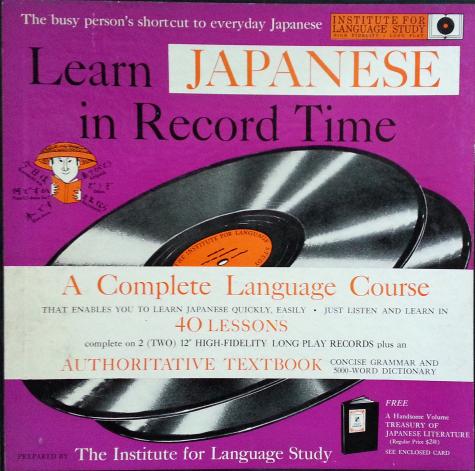
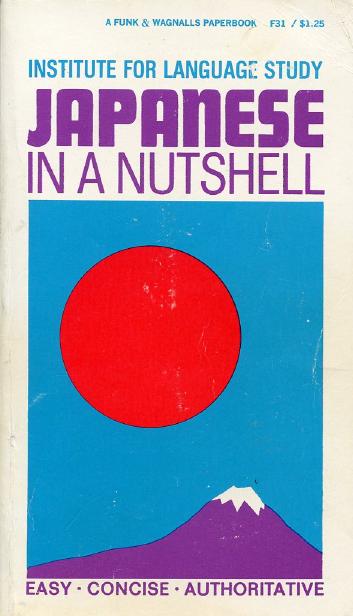
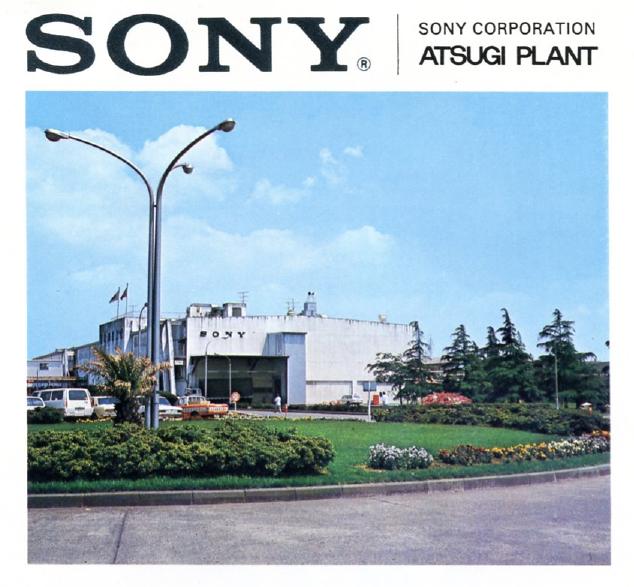
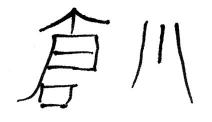 But most Japanese words are not written in a phonetic alphabet. Rather they're written in Chinese characters, which in Japanese are called "kanji". After questioning me about a few possibilities to see which alternative sounded the most like my last name, my hosts settled on the two character alternative shown to the right. The first character, pronounced "kura", means "warehouse". The second character, "kawa", means "water". Taken together, I was told, they might be interpreted as something like "warehouse on the river".
But most Japanese words are not written in a phonetic alphabet. Rather they're written in Chinese characters, which in Japanese are called "kanji". After questioning me about a few possibilities to see which alternative sounded the most like my last name, my hosts settled on the two character alternative shown to the right. The first character, pronounced "kura", means "warehouse". The second character, "kawa", means "water". Taken together, I was told, they might be interpreted as something like "warehouse on the river".
